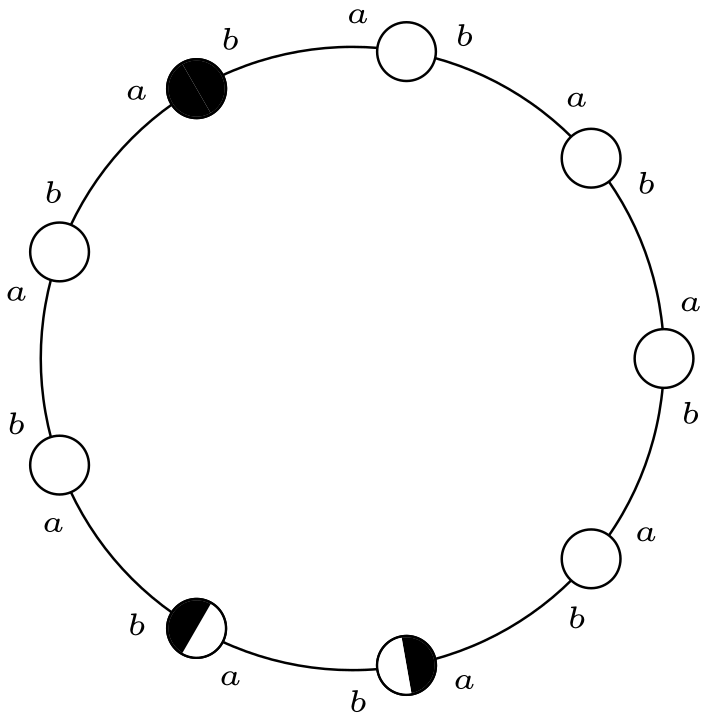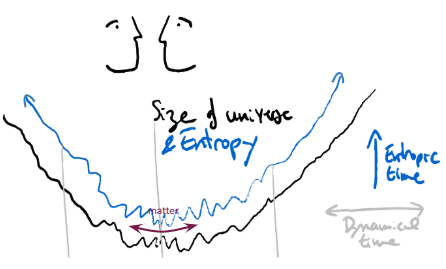Création du Laboratoire Méthodes Formelles
Le Laboratoire Méthodes Formelles (LMF) est né le 1er janvier 2021 de la volonté politique de ses tutelles - Université Paris-Saclay, CNRS, ENS Paris-Saclay, Inria et CentraleSupélec - de créer un pôle ciblé sur les méthodes formelles. Le LMF est formé du Laboratoire Spécification et Vérification (LSV, ENS Paris-Saclay, CNRS, Inria) et de l’équipe Vals du Laboratoire de Recherche en Informatique (LRI, Université Paris-Saclay, CNRS, Inria, CentraleSupélec) soit une centaine de personnes.
Son ambition est d’éclairer le « monde numérique » grâce à la logique mathématique en utilisant les méthodes formelles comme outil d’analyse, de modélisation et de raisonnement pour les programmes informatiques, les protocoles de sécurité, etc. Il s'appuie sur des paradigmes de calcul des plus classiques aux plus novateurs comme l’informatique quantique.
Le LMF est structuré en pôles : son cœur de métier en comporte deux, « Preuves » et « Modèles » ; le troisième, « Interactions », est une ouverture à d’autres domaines tels que l’IA et la biologie.







